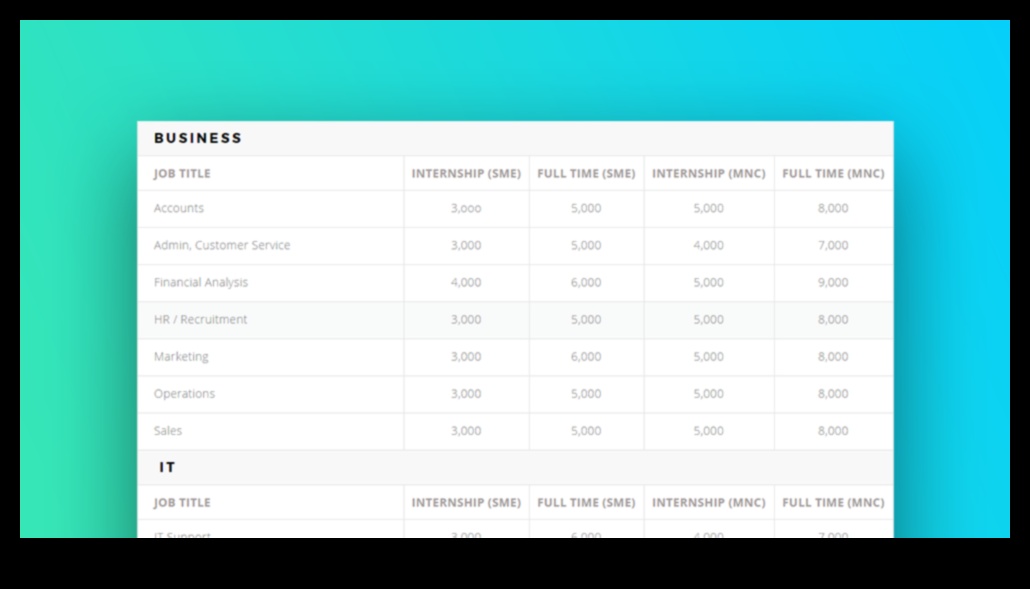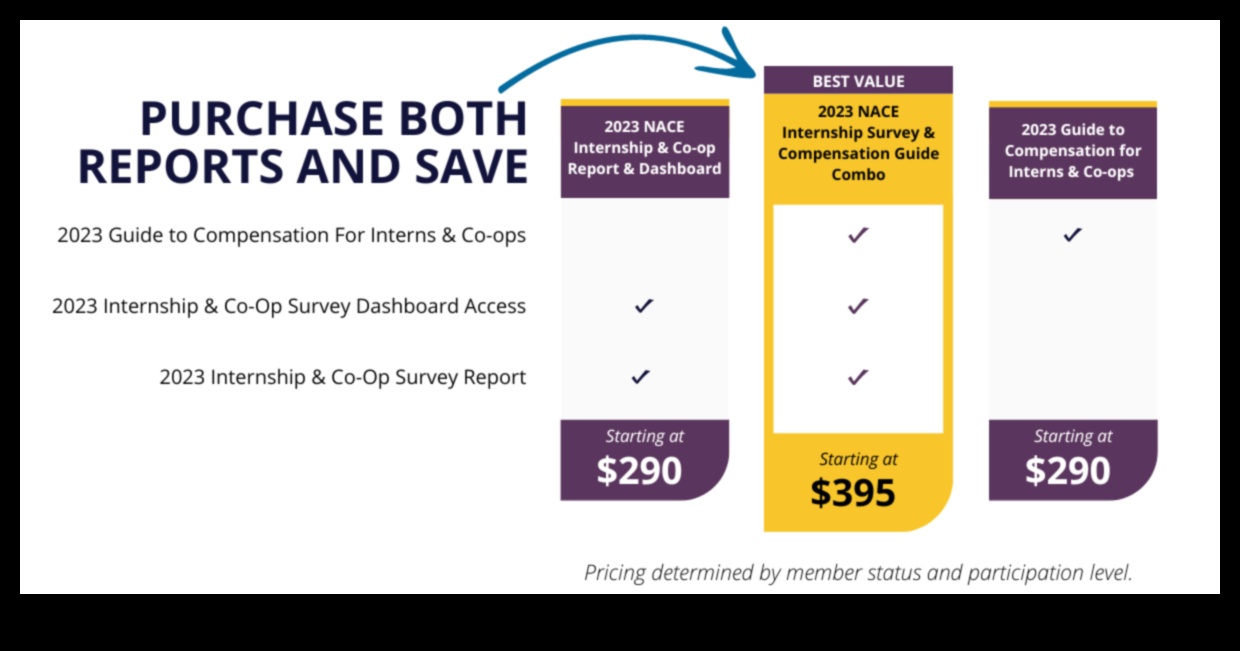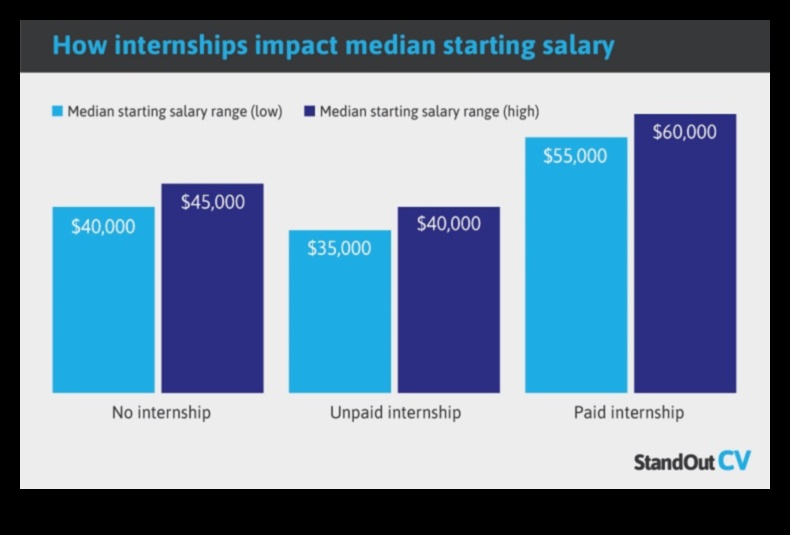
I. Introduction
II. What is the average salary for an internship?
III. Factors that affect the salary of an internship
IV. How to negotiate your internship salary
V. How to get an internship
VI. Benefits of internships
VII. FAQ
VIII. Conclusion
IX. Resources
X. Contact Us
| Feature | Answer |
|---|---|
| Internship salary | The average salary for an internship is $15.83 per hour |
| Internship pay | Interns typically earn between $10 and $20 per hour |
| Intern pay | Interns can earn anywhere from $0 to $50,000 per year |
| Average internship pay | $50,000 per year |
| Entry-level salary | $50,000 per year |

II. What is the average salary for an internship?
The average salary for an internship varies depending on the field, location, and company. In general, internships in STEM fields tend to pay more than internships in other fields. For example, the average salary for an internship in computer science is $5,000 per month, while the average salary for an internship in marketing is $3,000 per month.
The location of the internship also affects the salary. Interns in major cities like New York City and San Francisco typically earn more than interns in smaller cities. The company that you intern for also plays a role in determining your salary. Interns at large, well-known companies typically earn more than interns at small, unknown companies.
Overall, the average salary for an internship is around $3,000 per month. However, there are many factors that can affect your salary, so it is important to do your research and negotiate your salary accordingly.
III. Factors that affect the salary of an internship
The salary of an internship can vary depending on a number of factors, including:
- The industry in which the internship is located
- The size of the company
- The location of the internship
- The level of experience required for the internship
- The type of internship (paid vs. unpaid)
It is important to research the average salary for internships in your field and location before you start applying for internships. This will help you to set realistic expectations and negotiate a fair salary.
III. Factors that affect the salary of an internship
There are a number of factors that can affect the salary of an internship, including:
- The industry in which the internship is located
- The size of the company
- The location of the internship
- The level of experience required for the internship
- The length of the internship
In general, internships in high-paying industries such as finance and consulting pay more than internships in lower-paying industries such as retail and hospitality. Internships at large companies also tend to pay more than internships at small companies. Internships in major cities typically pay more than internships in rural areas. Internships that require a higher level of experience or a longer commitment also tend to pay more.
It is important to note that the salary of an internship is not the only factor to consider when choosing an internship. The experience and skills you will gain from the internship are also important factors to consider. When weighing the salary of an internship against the other benefits, it is important to make a decision that is right for you.
How to get an internship
Getting an internship can be a great way to gain experience in your field of interest, learn new skills, and network with professionals. However, the competition for internships can be fierce, so it’s important to know how to stand out from the crowd. Here are a few tips for getting an internship:
- Start early. The best time to start looking for internships is in the fall, before the majority of students start applying. This will give you a head start on the competition and allow you to take advantage of early-bird opportunities.
- Do your research. Before you start applying for internships, take some time to research the companies you’re interested in. What are their goals? What kind of work do they do? What are their internship programs like? The more you know about a company, the better you’ll be able to tailor your application to their specific needs.
- Network. One of the best ways to get an internship is through networking. Talk to your professors, classmates, and friends and family members who work in your field of interest. See if they know of any open internships or can put you in touch with someone who does.
- Get involved. Get involved in extracurricular activities related to your field of interest. This is a great way to meet people, learn new skills, and build your resume. Volunteering, joining a club or organization, or starting your own blog are all great ways to get involved.
- Build your skills. In addition to your coursework, take some time to develop your skills outside of the classroom. This could include taking online courses, attending workshops, or working on personal projects. The more skills you have, the more attractive you’ll be to potential employers.
- Polish your resume and cover letter. Your resume and cover letter are two of the most important tools you have when applying for internships. Make sure they’re well-written and error-free, and that they highlight your skills and experience.
- Practice your interview skills. Once you’ve landed an interview, it’s important to be prepared. Practice answering common interview questions, and make sure you have a good understanding of the company and the internship position.
- Don’t give up. The internship search can be tough, but don’t give up. Keep applying for internships, even if you don’t hear back from every company. Eventually, you’ll find an internship that’s a good fit for you.

VI. Benefits of internships
Internships offer a number of benefits for students and recent graduates, including:
- Gaining valuable experience and skills
- Networking with professionals in your field
- Exploring different career paths
- Getting a foot in the door at your dream company
- Improving your resume and job prospects
Internships can also be a great way to make connections and build relationships with potential employers. By getting involved in your internship, you can show your interest in the company and its work, and you may even be able to land a full-time job after your internship is complete.
If you’re considering an internship, be sure to do your research and find one that’s a good fit for your skills and interests. You should also make the most of your internship by taking on challenging projects, asking questions, and networking with your colleagues.

VII. FAQ
Here are some frequently asked questions about internships:
-
What is the average salary for an internship?
-
What factors affect the salary of an internship?
-
How can I negotiate my internship salary?
-
How can I get an internship?
-
What are the benefits of internships?

Conclusion
Internships are a great way to gain experience and learn about your chosen field. They can also help you network with professionals and make connections that can lead to future employment opportunities. The average salary for an internship varies depending on the field, location, and company. However, you can expect to earn between $10,000 and $20,000 per year for an internship. If you are a high-performing intern, you may be able to negotiate a higher salary.
If you are looking for an internship, be sure to do your research and apply to as many positions as possible. The more internships you apply to, the more likely you are to find one that is a good fit for you.
Remember, internships are a great way to get your foot in the door of your chosen field. They can help you gain experience, learn new skills, and make connections that can lead to future employment opportunities. So don’t be afraid to apply for internships, even if you don’t have all of the qualifications. Just be sure to do your research and put your best foot forward.
Here are some resources that you may find helpful in your search for an internship:
- Internships.com is a website that lists internships in a variety of fields.
- Indeed.com is a job search engine that also lists internships.
- Glassdoor.com is a website that provides reviews of companies and their internship programs.
- CollegeFactual.com is a website that provides information on internships and career paths.
- YourInternship.com is a website that provides advice on finding and applying for internships.
FAQ
Q: What is the average salary for an internship?
A: The average salary for an internship varies depending on the field, location, and company. In general, internships in the tech industry pay more than internships in other fields. Internships in major cities also pay more than internships in smaller cities or rural areas.
Q: What factors affect the salary of an internship?
A: The following factors affect the salary of an internship:
* The field of the internship
* The location of the internship
* The company that is offering the internship
* The level of experience required for the internship
* The length of the internship
Q: How can I negotiate my internship salary?
A: When negotiating your internship salary, it is important to be prepared and to do your research. Here are a few tips for negotiating your internship salary:
* Do your research and find out what the average salary is for internships in your field and location.
* Be confident and assertive when negotiating your salary.
* Be prepared to walk away from the internship if you are not offered a salary that you are comfortable with.
